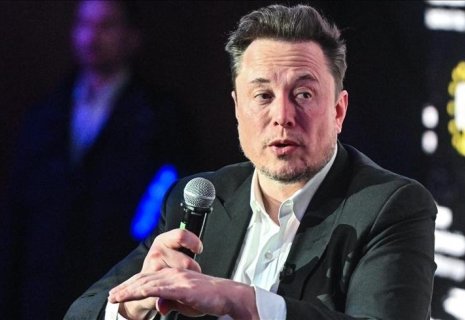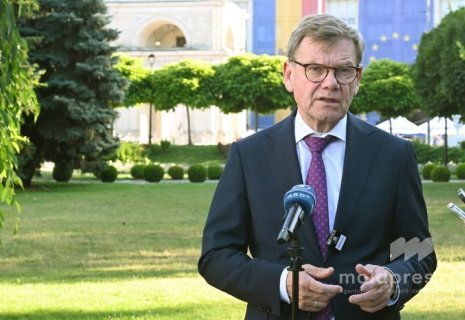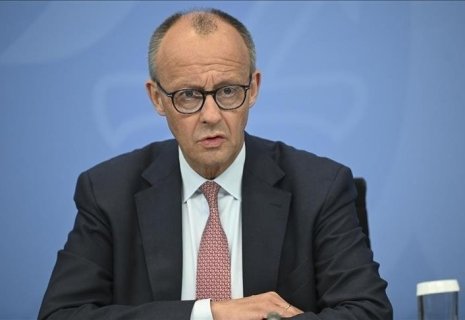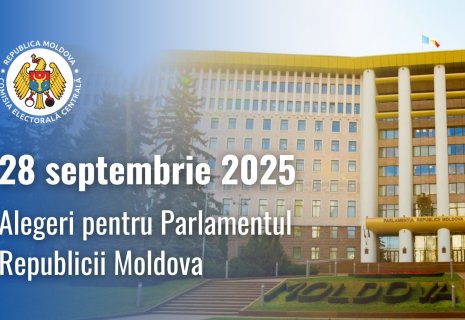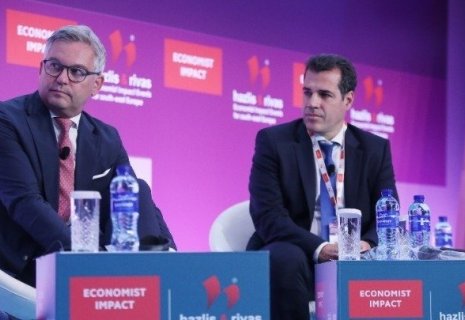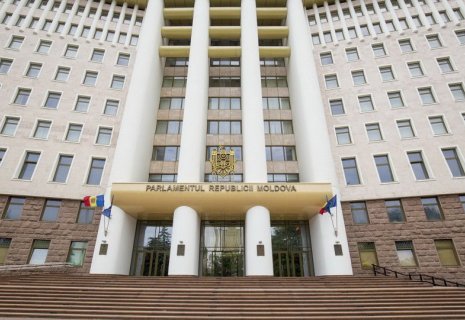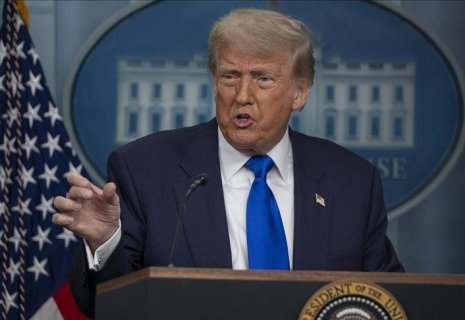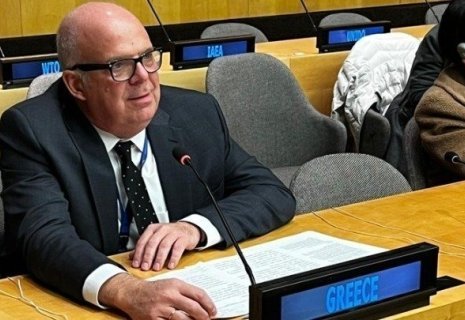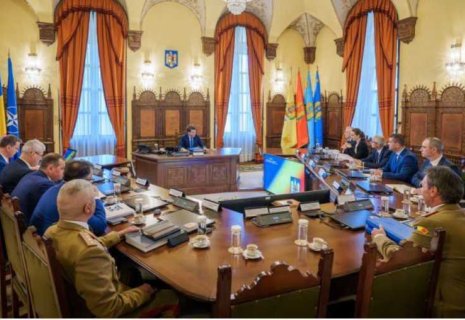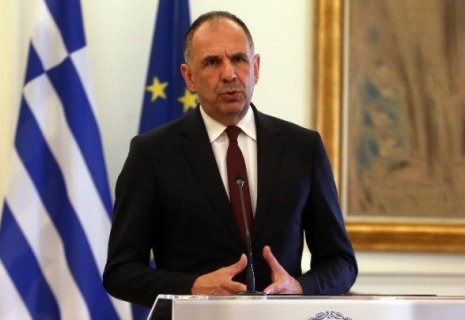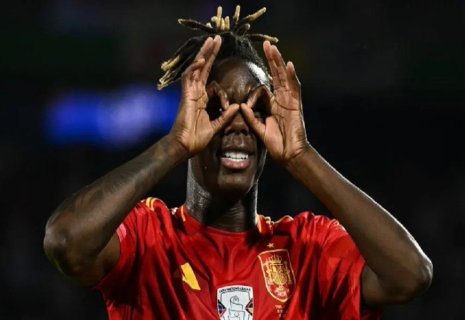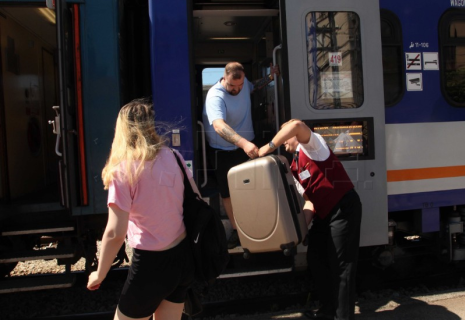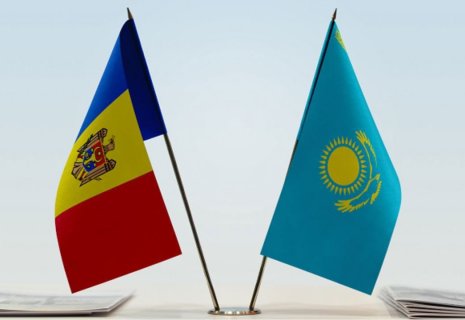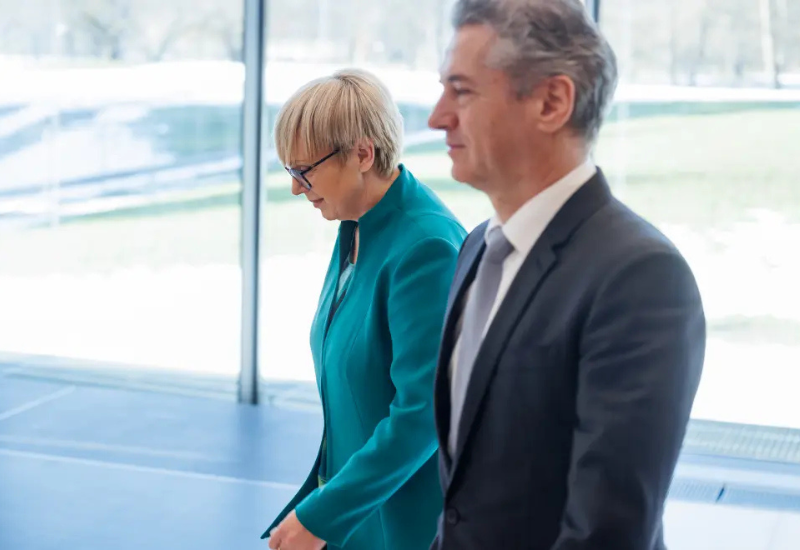
Strained relationship between Slovenia’s top officials turns into public political clash
Slovenia's most senior officials, President Nataša Pirc Musar and Prime Minister Robert Golob, have had a strained relationship for months, but now tensions have escalated into an open political feud, CE Report quotes The Slovenia Times.
Although both come from the liberal bloc, the pair have been at odds ever since the president appointed Tatjana Bobnar, Golob's first interior minister, as her adviser in February 2023.
Bobnar stepped down from her ministerial post only two months earlier, accusing Golob of pressuring her over staffing in the police force, an allegation that has triggered a criminal complaint against Golob and a procedure in front of the Commission for the Prevention of Corruption.
Snub in parliament
In perhaps the most open display of animosity between them, Pirc Musar found herself addressing a half empty chamber in her annual address to the National Assembly on 16 December with the prime minister and members of his cabinet absent along with members of the opposition Democratic Party (SDS).
The absence of Golob and ministers was the more striking as they were present in the chamber for questions time after the president's address. Commenting on their absence, Golob told TV Slovenija that the president was addressing parliament and not the government.
In her address the president berated Golob for his calling the procedure against him before the anti-graft watchdog as a farce, likening it to SDS leader Janez Janša's calling the judiciary an injustice system, and suggesting they were both undermining trust in the rule of law.
Earlier, Golob's lawyer alleged that the watchdog was not independent because the senate of the Commission for the Prevention of Corruption is appointed by the president and Bobnar is a member of the president's team, an allegation dismissed by the president's office and the anti-graft watchdog.
Spat over governor, Chinese president
The tensions between the president and prime minister have also come to show in foreign policy and in appointments.
In early November the president's office issued a statement saying the president did not need the government's consent to invite foreign leaders to Slovenia after her invitation to Chinese President Xi Jinping to visit Slovenia upset the prime minister's office because she failed to consult the government beforehand.
Contrary to practice in the past, Pirc Musar nominated her own pick for the next governor of Slovenia's central bank rather than the candidate who enjoyed most support, snubbing the candidate favoured by the ruling coalition.
Her nominee Anton Rop, a former prime minister and finance minister, failed to get elected in parliament. The six-year term of the incumbent governor, Boštjan Vasle expires on 8 January, which means deputy governor Primož Dolenc will have to take over until a new governor is appointed.
Critique from ex-president
Pirc Musar's predecessor, Borut Pahor, known for his conciliatory approach, in particular during his cohabitation with the centre-right government of Janez Jaša, has warned of an "institutional deficit" that such an approach by the head of state can result in.
"Of course, the president can insist on his or her decisions, but if they do not have the support of parliament, we may eventually get into a situation that is called institutional deficit," he told Radio Slovenija in an interview on 18 December.
Commenting on the president's address to parliament, Pahor said that while "we can't say anything bad or critical about what she said, the fact that she spoke to an empty hall ... is basically the worst thing that could have happened to her".
The fact that the deputies of the Democratic Party (SDS) and members of the government failed to attend her address, "evidently out of protest", undermines the authority of the president, Pahor said.
The tensions between the president and prime minister can be traced back to the 2022 presidential race when Milan Kučan, Slovenia's first president who some believe still pulls the strings, all but disqualified the original candidate of Golob's party, Marta Kos, now EU enlargement commissioner.
At the time he argued it would be unacceptable to have members of the same party in the country's top three offices. Kos soon quit the presidential race and was replaced by Milan Brglez as the joint candidate of the Social Democrats (SD) and Golob's Freedom Movement to garner 15% in the first round.

